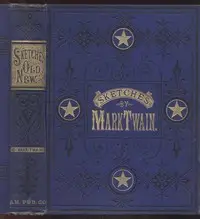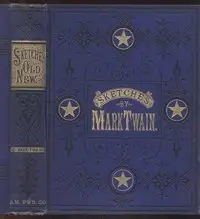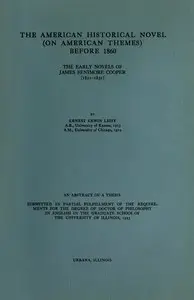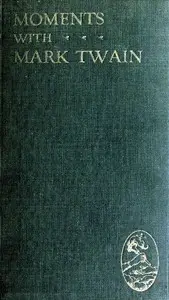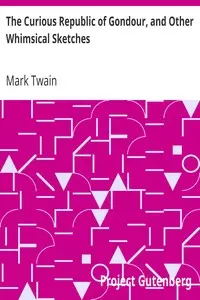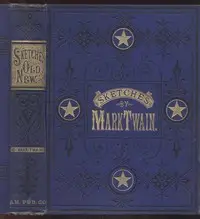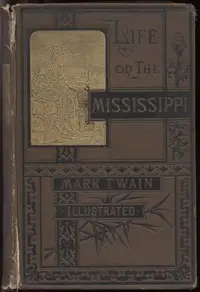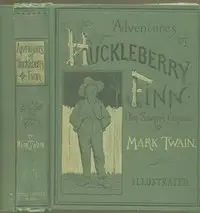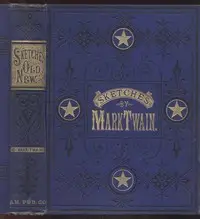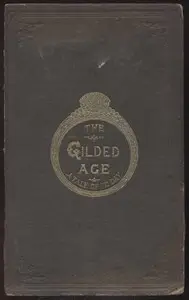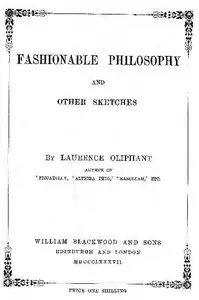"Fenimore Cooper's Literary Offences" by Mark Twain is a sharp literary takedown aimed at the novels of James Fenimore Cooper. Penned in the late 1800s, this critique uses humor to point out what the author views as Copper's many literary failures, especially in "The Deerslayer." The author makes a list of Cooper's writing problems, focusing on how the stories don't pull readers in because the conversations between characters sound fake, the characters aren't well created, and events don't make sense. By looking closely at different parts of Cooper's writing, the author shows moments where decisions in the story lead to ridiculousness instead of suspense. This work uses wit to suggest that Cooper's storytelling misses the mark of artistic value.
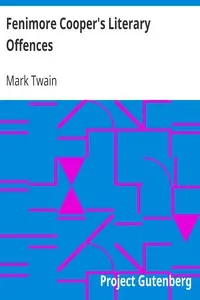
Fenimore Cooper's Literary Offences
By Mark Twain
An author uses satire to dissect another's flawed writing style, claiming the stories are full of unbelievable dialogue and situations.
Summary
About the AuthorSamuel Langhorne Clemens, known by the pen name Mark Twain, was an American writer, humorist, and essayist. He was praised as the "greatest humorist the United States has produced," with William Faulkner calling him "the father of American literature." Twain's novels include The Adventures of Tom Sawyer (1876) and its sequel, Adventures of Huckleberry Finn (1884), with the latter often called the "Great American Novel." He also wrote A Connecticut Yankee in King Arthur's Court (1889) and Pudd'nhead Wilson (1894) and cowrote The Gilded Age: A Tale of Today (1873) with Charles Dudley Warner.
Samuel Langhorne Clemens, known by the pen name Mark Twain, was an American writer, humorist, and essayist. He was praised as the "greatest humorist the United States has produced," with William Faulkner calling him "the father of American literature." Twain's novels include The Adventures of Tom Sawyer (1876) and its sequel, Adventures of Huckleberry Finn (1884), with the latter often called the "Great American Novel." He also wrote A Connecticut Yankee in King Arthur's Court (1889) and Pudd'nhead Wilson (1894) and cowrote The Gilded Age: A Tale of Today (1873) with Charles Dudley Warner.



